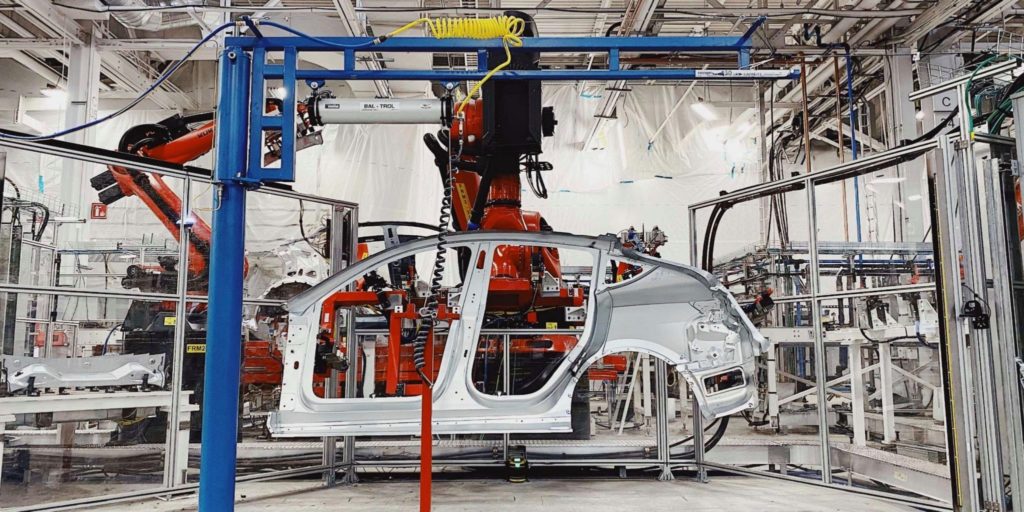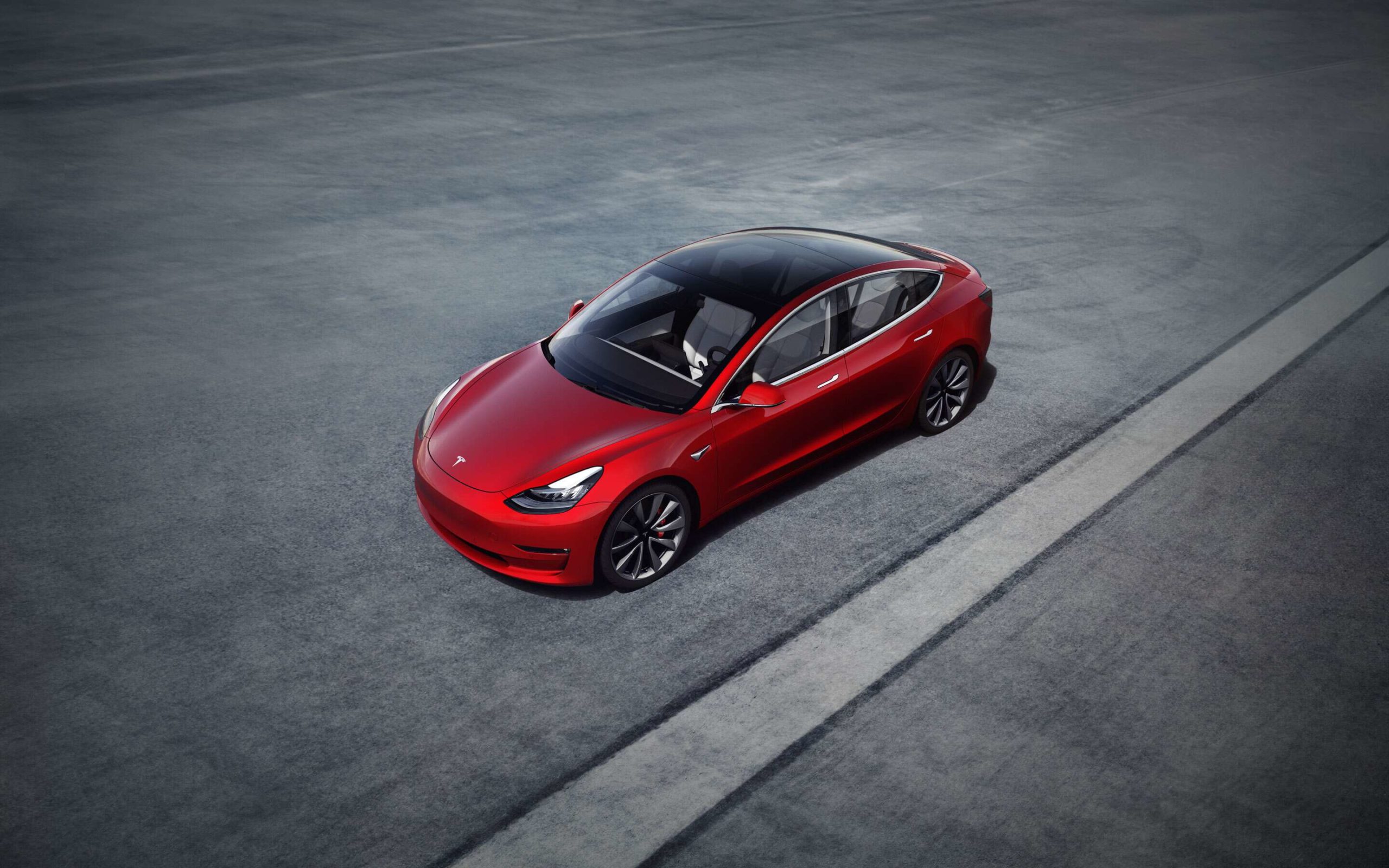During the announcement of its financial results for the second quarter of 2020, Tesla surprised locals and strangers by declaring profits despite the complicated situation experienced by the automotive sector due to the coronavirus pandemic. However, everything seems to indicate that these results were only possible thanks to emission credits.
During the second quarter, Tesla received revenues of $428 million in “regulatory credits,” adding to the $354 million earned in the first quarter of this year. In other words, traditional manufacturers have paid Tesla a total of 782 million dollars so far in 2020 to buy their emission credits and thus comply with the relevant environmental regulations.
This is the case of FCA (FIAT-Chrysler), which will pay the company a total of 2 billion dollars to comply with European emission regulations. Giga Berlin, Tesla’s first factory on European soil, will be built using exclusively the carbon credits paid by FCA, which will be a profitable business for Tesla.

However, all that glitters is not gold: Tesla’s free cash flow during the second quarter was $418 million, while net income stood at $104 million. In other words, without the emission credits paid by other companies, Tesla would have been in the red again.
Carbon credits may be the reason why Elon Musk insisted so much on opening the Fremont factory early, as the number of credits Tesla can sell depends solely on the number of electric cars the company delivers to its customers.
This would also explain the fact that Tesla shipped numerous Model Y units during that period with serious quality failures (unmounted rear seats, adjustment problems, paint problems, etc.): the important thing for the brand was to send the vehicles quickly to their customers to get more emission credits to sell.
In other words, today Tesla’s business suffers from a severe dependence on the sale of emission credits to third parties, a problem that the firm will have to solve in the short term, as more and more manufacturers are betting for the electric car and soon will not need to resort to this type of practice to comply with environmental regulations.

